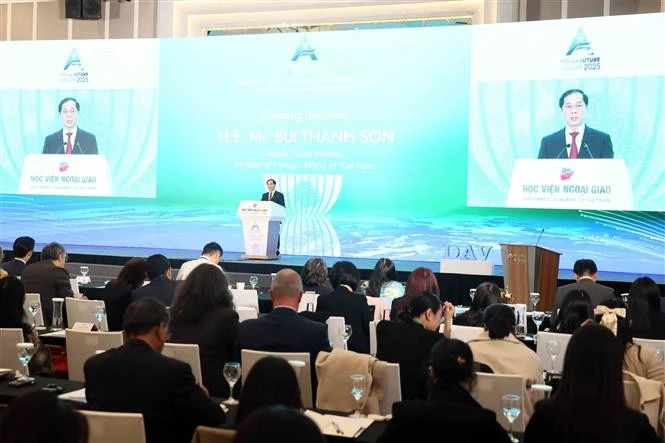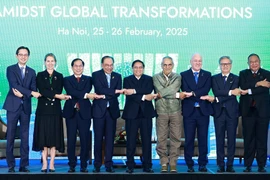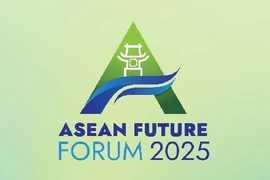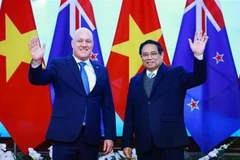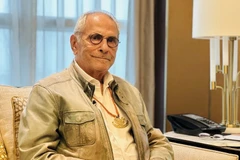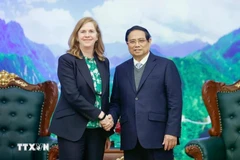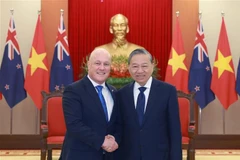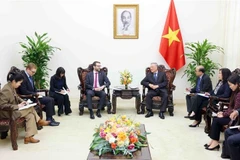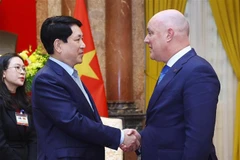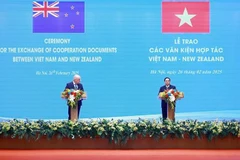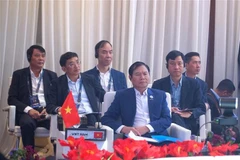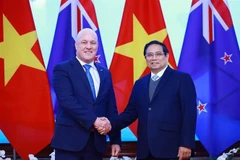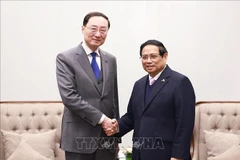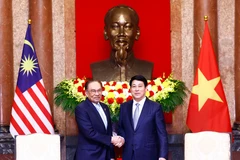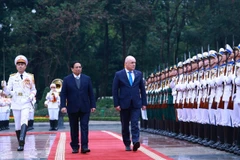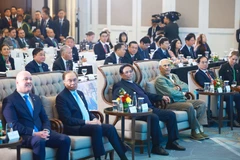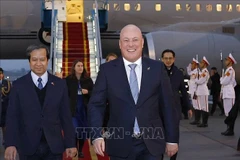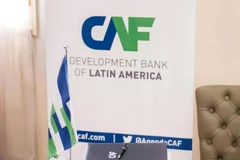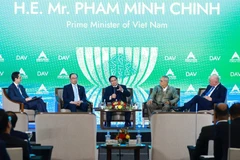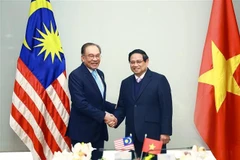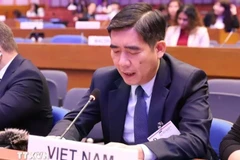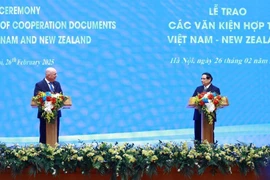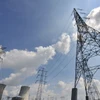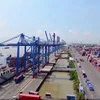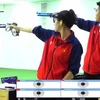Hanoi (VNA) - The ASEAN Future Forum 2025 officially concluded in Hanoi on February 26 after two days of discussions.
The forum brought together over 600 in-person delegates, including more than 230 international representatives, an increase of over 2.5 times compared to 2024.
In his closing remarks, Deputy Prime Minister and Minister of Foreign Affairs Bui Thanh Son emphasised that the forum had successfully fulfilled its ambitious agenda. Hundreds of contributions and insightful recommendations were put forward, helping address critical issues ranging from major global trends and the role of women in peacebuilding to reviewing ASEAN’s fundamental principles and governing emerging technologies.
Son said such lively discussions reflect the urgency of the challenges facing countries in the region as well as the shared determination to find solutions.
According to the official, delegates shared the view that the global order is undergoing significant transformations, marked by unprecedented instability and complexity.
“For ASEAN, navigating this period of uncertainty in the global order could be a defining challenge for our generation,” he said.
The participants also emphasised the breakthrough and sometimes unpredictable impacts of technological advancements, especially those driven by the Fourth Industrial Revolution, including artificial intelligence (AI), big data, and the Internet of Things (IoT).
“Without swift preparation, we risk falling further behind. Similar advancements in emerging technologies over the coming months and years will continue to reshape our economies and societies in ways we are only beginning to comprehend,” Son continued.
According to the official, the delegates also touched upon non-traditional security challenges, the increasing threats in cyberspace, the accelerating impacts of climate change, and the far-reaching socio-economic consequences of rapid population aging. All require innovative solutions that transcend national borders, as well as the highest level of resource mobilisation.
While ASEAN faces unprecedented challenges during this period of global transition, these difficulties also present opportunities to reaffirm its collective strength and enduring role.
Son affirmed that with its core values of solidarity and centrality, ASEAN can continue to uphold its position as a trusted intermediary and a strategic dialogue forum. He also stressed the necessity for the grouping to maintain its consensus-based decision-making mechanism and the principle of non-interference.
According to Son, discussions at the forum also raised core questions about ASEAN’s role in an increasingly fragmented world. While some opinions supported ASEAN taking on a more proactive role on the international stage, others underscored the need to focus on strengthening cohesion and intra-regional integration.
Look to the future, he called for maintaining and strengthening ASEAN’s solidarity, adaptability, and inclusiveness - core principles that Prime Minister Pham Minh Chinh stressed in his opening speech, which have been the bedrock of regional success.
“We need to commit to enhancing investment in critical technologies and developing a common stance on the governance of emerging technologies. Ultimately, only new technology can help our region escape the middle-income trap and ensure that no one is left behind", he stressed.
According to him, thematic discussions at the forum all agreed that ASEAN’s development must rely on science and technology as the core tools to drive the entire region forward.
“Ultimately, because ASEAN's centrality must be affirmed and continuously reinforced, we need to innovate the ways in which we assert ASEAN’s central role in the regional architecture and manage relationships with external partners, including major powers”, Son added.
He noted that the active participation and fresh perspectives from all delegates, including many young scholars, enriched the discussions and reflected the international community’s keen interest in ASEAN’s future development path.
As ASEAN finalises its strategic agenda for the Community Vision 2045, the insights and proposals from this forum will serve as a valuable reference, he said.
In the afternoon the same day, the forum continued with the fourth plenary session on governing emerging technologies to ensure comprehensive security, followed by the fifth plenary session on ASEAN's role in fostering cohesion and promoting peace in a fragmented world./.
